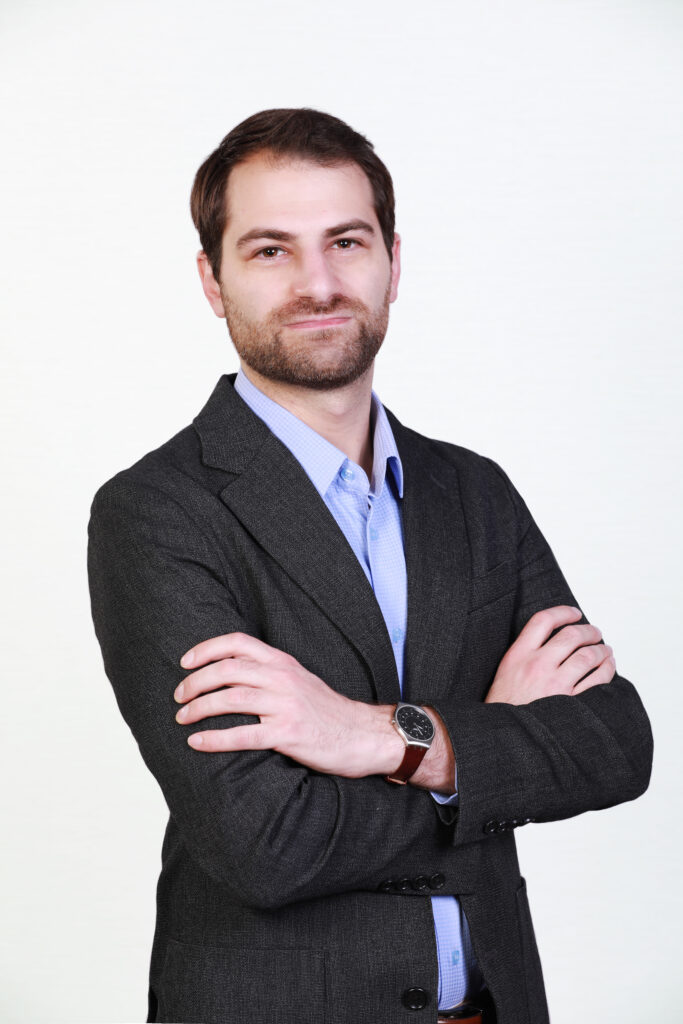I am a writer and political scientist interested in the intersection of politics, society, and ideas. I am currently a Postdoctoral Fellow at the Center for the Study of Contemporary China at the University of Pennsylvania. I have regional expertise in China, Taiwan, and the United States, and have lived for extended periods of time in all of those places over the last decade. My current book project, which stems from my doctoral dissertation, offers a new theory of scientific authority in contemporary society and shows how the authority of scientific experts shapes the underpinnings of the contemporary Chinese party-state. I received my Ph.D. in Government from Harvard University and have a B.A. in Public Policy (Ethics) from Stanford University.
In addition to my academic work, I write comedy and used to do stand-up and sketch comedy.
If you are confused as to why there are no pictures of large burly men or football statistics, you are probably looking for Josh Freeman, the former starting quarterback for the Tampa Bay Buccaneers. That is not me. You may also be wondering about emotional intelligence, but, unfortunately, that would be the purview of a different Joshua Freedman. (He is bald; I am not. For now, at least.) If you meant to email Josh Freeman, who also completed his PhD at Harvard and also researches China and works at Academia Sinica in Taiwan, I’ll forward it along, don’t worry. He is very nice and we have a lot in common.
On this site, you will find links to my work. For academic publications, research interests, and information about works in progress, click on “RESEARCH.” I have experience teaching a variety of courses at the university level, which can be seen under “TEACHING.” I have also written articles about politics, social policy, and contemporary culture for a variety of print and online publications. I also worked in policy research and wrote policy papers and reports. Please go to “WRITING” to read all of those. I contribute humor pieces to McSweeney’s Internet Tendency, The New Yorker‘s Daily Shouts, and other online publications. Please go to “COMEDY” to read those. When I write something more personal or niche, I sometimes publish it directly. Please go to “OTHER” to see some selections of my miscellaneous scribblings.
I welcome all questions, comments, and additional confusion about which similarly named academic you are looking for. Please email me at jbfree [at] sas [dot] upenn [dot] edu. My academic CV is available here.
